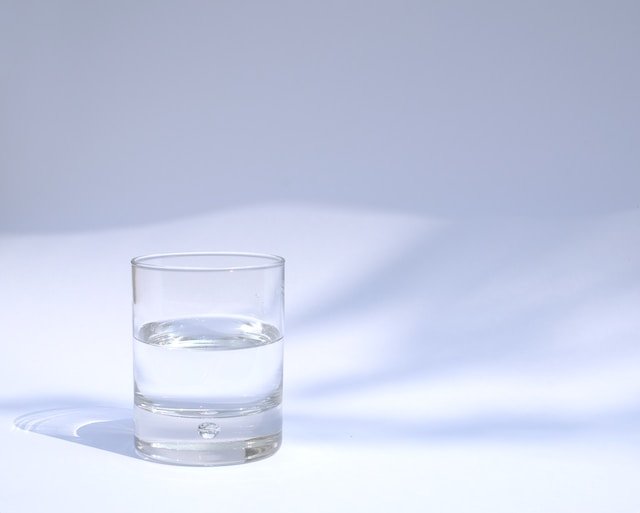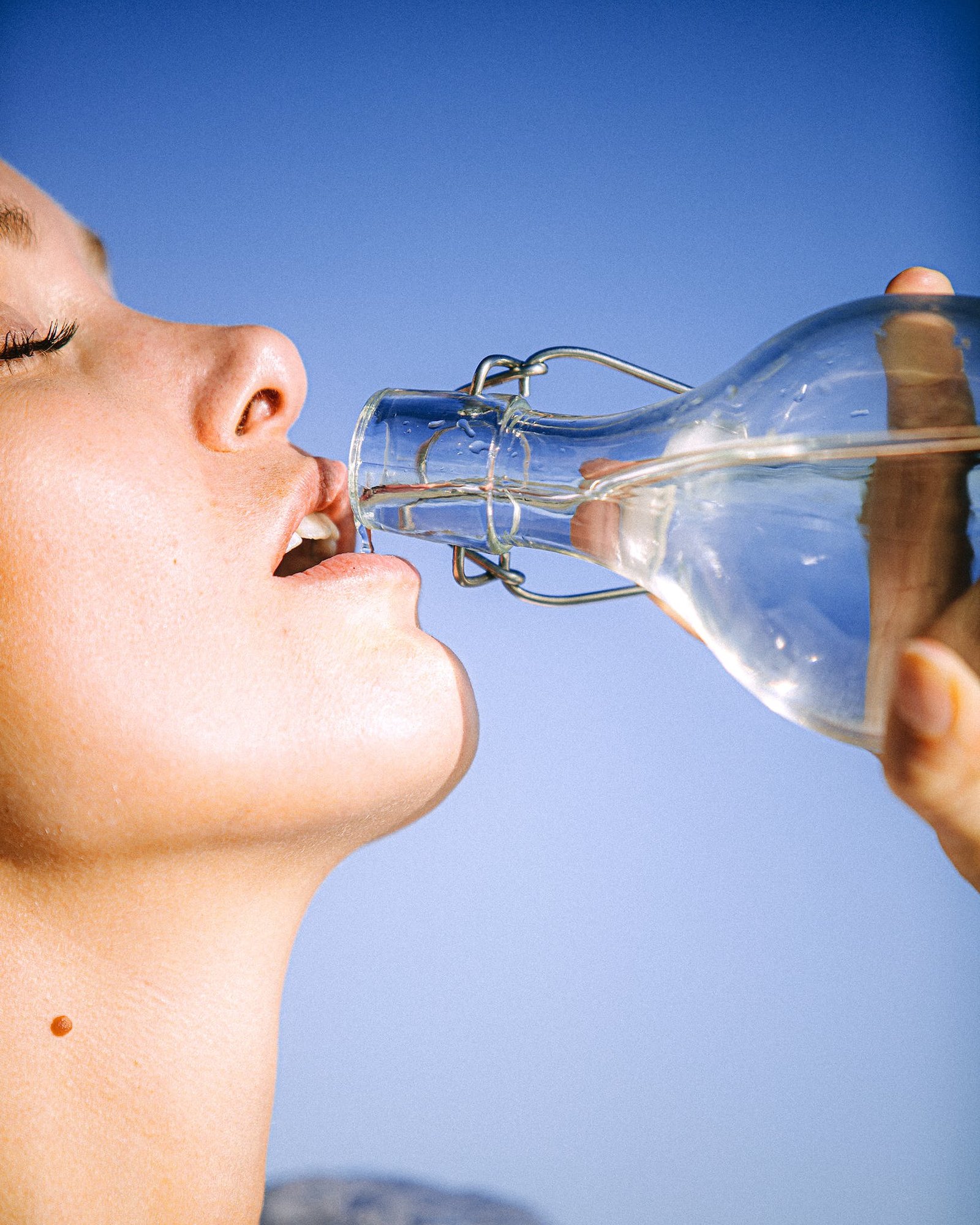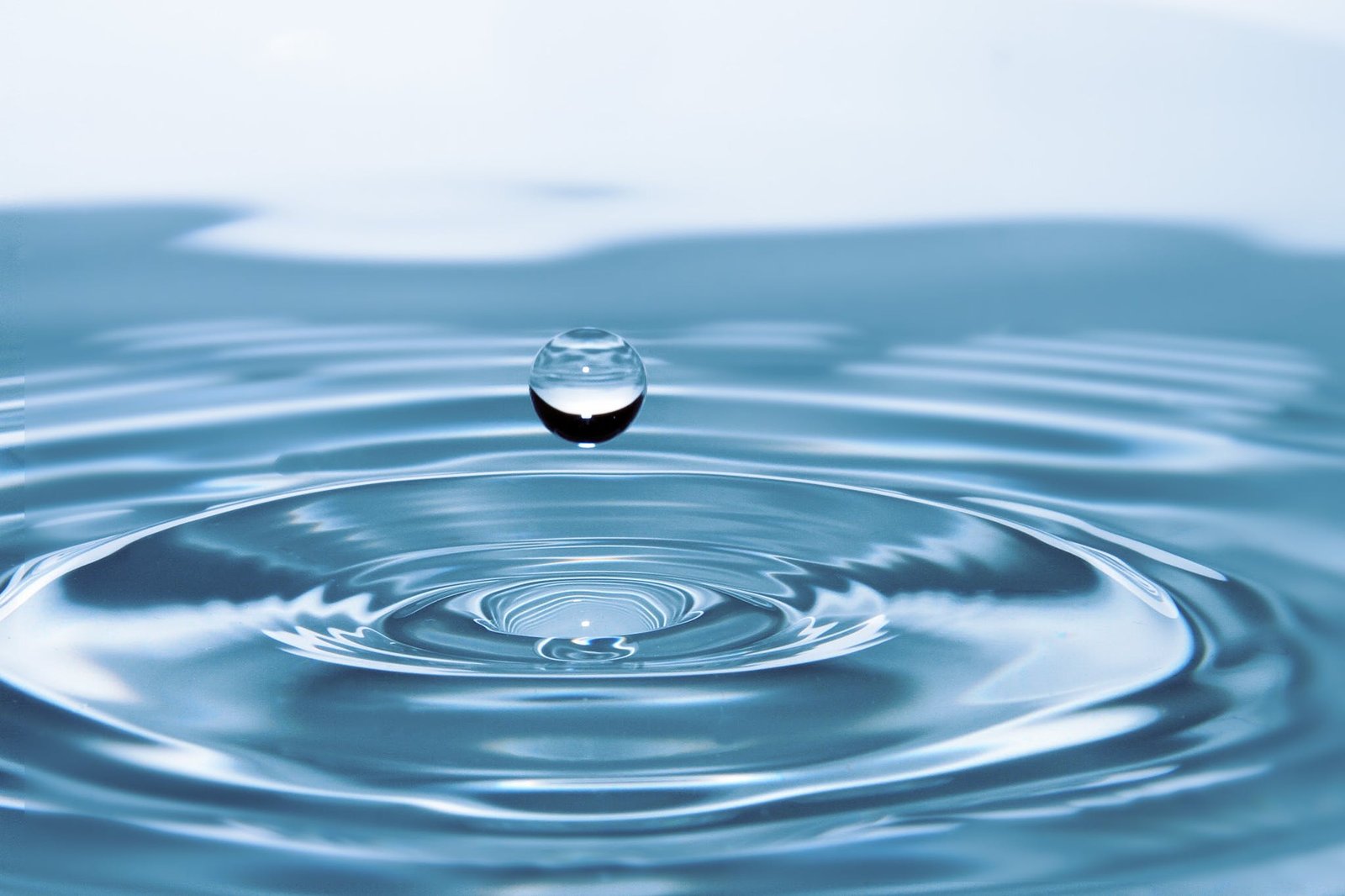Signs You Are Dehydrated and Need More Water
There are some affiliate links below, but they are all products I highly recommend. For more info, view my disclosure here.
Feeling a bit off lately? Before you reach for another cup of coffee, consider this: You may just be dehydrated.
That fatigue, dry mouth, and constant thirst are telling you that your body is craving good ol’ H2O. And ignoring those cues can lead to headaches, dizziness, muscle cramps and more.
So put down the caffeine and grab a refreshing glass of water instead. Staying hydrated will get you feeling energized and focused in no time.
Feeling Tired and Fatigued
You’re feeling tired and fatigued, which could be a sign of dehydration. When your body lacks sufficient water, it can’t function properly, leading to fatigue and low energy levels. Dehydration affects your blood volume and decreases the oxygen supply to your muscles and organs, leaving you feeling exhausted. Your body relies on water to transport nutrients and oxygen, and without enough of it, your energy levels plummet.
When you’re dehydrated, your body also struggles to regulate its temperature. As a result, you may feel excessively tired and find it difficult to stay awake. Dehydration can disrupt your sleep patterns, leading to poor quality sleep and leaving you feeling groggy and fatigued during the day.
Moreover, dehydration affects your brain function. Your brain is made up of approximately 75% water, and when you’re dehydrated, it can’t function optimally. This can result in difficulty concentrating, memory problems, and overall mental fatigue.
To combat fatigue caused by dehydration, it’s crucial to drink enough water throughout the day. Aim to consume at least eight glasses (64 ounces) of water daily, or more if you’re engaging in physical activity or spending time in hot weather. Remember, staying hydrated is essential for maintaining your energy levels and overall well-being.
Dry Mouth and Thirst
Feeling parched and having a dry mouth are clear indicators that your body requires hydration. When you don’t drink enough water, your mouth becomes dry because there isn’t enough moisture to keep it lubricated. This can make it difficult to speak or swallow comfortably. You may also notice that your saliva feels thick and sticky. It’s your body’s way of telling you to grab a glass of water and quench your thirst.
Thirst is another signal that you need to replenish your fluid levels. Your body has a built-in mechanism to let you know when it’s time to hydrate. When you’re dehydrated, your brain releases a hormone called vasopressin, which makes you feel thirsty. Thirst is a powerful instinct that drives you to drink water and prevent further dehydration.
It’s important to listen to your body and respond to these signals promptly. Dehydration can lead to a range of symptoms, including dizziness, headache, and fatigue. If you ignore your dry mouth and thirst, you may be putting yourself at risk for more serious health issues.
Dark Urine
When your urine is dark in color, it’s a clear indication that your body is lacking proper hydration. Dark urine is a sign that you need to drink more water to replenish the fluids lost by your body.
The color of your urine is influenced by the concentration of waste products and toxins excreted by your kidneys. When you’re dehydrated, your kidneys conserve water by producing less urine, resulting in a more concentrated urine that appears darker.
Inadequate fluid intake can also lead to urinary tract infections, kidney stones, and other kidney-related problems. It’s important to pay attention to the color of your urine, as it can provide valuable information about your hydration status.
Ideally, your urine should be a pale yellow or straw color, indicating that your body is well-hydrated. If your urine is consistently dark, it’s a sign that you need to increase your water intake. Remember to drink water throughout the day, especially when you’re physically active or in hot weather, to maintain proper hydration levels and keep your urine a healthy color.
Headaches and Dizziness
If you experience headaches and dizziness, it may be a result of not drinking enough water. When your body is dehydrated, it can lead to these uncomfortable symptoms.
Headaches occur because your brain needs a sufficient amount of water to function properly. Without enough hydration, your brain can shrink slightly and pull away from the skull, causing pain.
Dizziness can also occur due to dehydration, as it affects the volume of blood in your body. When you don’t drink enough water, your blood becomes thicker, making it harder for it to flow through your veins and arteries. This can result in a drop in blood pressure, leading to dizziness and lightheadedness.
Additionally, dehydration can affect your balance and coordination, making you feel off-balance or unsteady on your feet.
To alleviate these symptoms, make sure you drink an adequate amount of water throughout the day. Aim for at least eight glasses, or around 64 ounces, of water daily to keep yourself well-hydrated and prevent headaches and dizziness.
Muscle Cramps
To prevent muscle cramps, make sure to stretch regularly and stay properly hydrated. Muscle cramps can be quite painful and can occur in any muscle group in your body. They’re often caused by dehydration and can be a sign that you need to drink more water. When your body lacks sufficient water, it can lead to an imbalance in your electrolytes, which can affect the functioning of your muscles.
When you’re dehydrated, your muscles are more prone to cramping, especially during physical activity. This is because water helps to regulate the balance of minerals, such as sodium and potassium, in your body. Without enough water, these minerals can become imbalanced, leading to muscle cramps.
Stretching regularly can also help to prevent muscle cramps. Stretching helps to improve flexibility and range of motion in your muscles, reducing the likelihood of cramping. It also helps to warm up your muscles before physical activity, which can further prevent cramping.
In addition to stretching, it’s important to stay properly hydrated throughout the day. Make sure to drink enough water, especially when you’re engaging in physical activity or spending time in hot weather. Aim for at least 8 glasses of water per day, and more if you’re sweating excessively.
Dry Skin and Lips
Your skin and lips may become dry and cracked if they aren’t properly moisturized. Dry skin and lips are common indicators of dehydration. Your skin acts as a barrier, protecting your body from external factors. However, without adequate hydration, it loses its moisture and becomes dry. This can lead to discomfort, itchiness, and even flakiness. Similarly, your lips, which are more delicate than the skin on the rest of your body, can also become dry and cracked. They may feel rough and appear chapped, making it difficult to speak or eat comfortably.
To prevent dry skin and lips, it’s important to stay hydrated by drinking enough water throughout the day. Aim for at least eight glasses of water daily, and increase your intake if you’re physically active or exposed to hot weather conditions. Additionally, using a moisturizer specifically designed for your skin type can help lock in moisture and keep your skin hydrated. Don’t forget to apply lip balm or Chapstick regularly to keep your lips moisturized.
Difficulty Concentrating and Focusing
Having difficulty concentrating and focusing can be a common result of dehydration. When you don’t drink enough water, your body becomes dehydrated, and this can affect your ability to think clearly and stay focused. Dehydration can cause your brain to function at a lower level, making it harder for you to concentrate on tasks and remember information. You may find yourself feeling easily distracted, forgetful, and mentally fatigued.
When you’re dehydrated, your brain cells can’t function properly, leading to a decrease in cognitive function. This can make it harder for you to solve problems, make decisions, and complete tasks efficiently. You may also experience decreased alertness and slower reaction times, which can be dangerous, especially when driving or operating machinery.
To improve your concentration and focus, it’s important to drink enough water throughout the day. Aim for at least eight glasses of water a day, and more if you’re engaging in physical activity or spending time in hot weather. Additionally, try to limit your intake of dehydrating drinks, such as caffeine and alcohol, as they can further contribute to dehydration.








